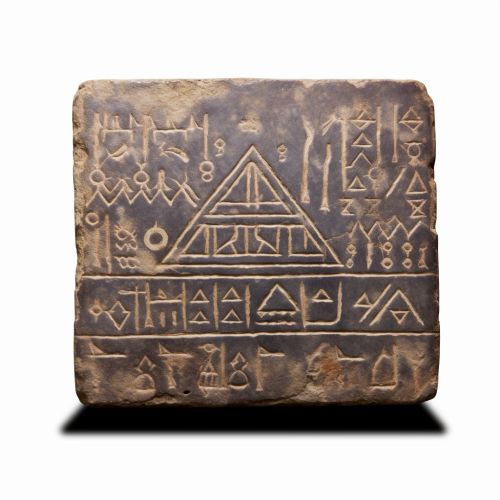Combinatorics
Introduction
Combinatorics is a branch of mathematics that deals with the study of discrete and usually finite objects. It involves the counting, selection, and arrangement of elements within a set, and has applications in fields such as computer science, physics, and statistics.
History
The roots of combinatorics lie in the problem-solving practices of ancient civilizations. The ancient Greeks, for example, studied combinatorial problems related to the theory of musical scales, based on the work of Pythagoras of Samos.


In the 17th century, combinatorics enjoyed a major revival with the work of Blaise Pascal and Pierre de Fermat. Their work on the theory of probability laid the groundwork for the development of combinatorics.
Principles and Concepts
Combinatorics is built on several fundamental principles and concepts, including the rule of sum, the rule of product, permutations, combinations, and the pigeonhole principle.
Rule of Sum
The rule of sum is a basic principle in combinatorics. It states that if there are n ways to do one thing and m ways to do another, and these two things cannot be done at the same time, then there are n + m ways to do either of the two things.
Rule of Product
The rule of product is another fundamental principle in combinatorics. It states that if there are n ways to do one thing and m ways to do another, then there are n * m ways to do both.
Permutations
Permutations refer to the arrangement of objects where the order is important. The number of permutations of n objects taken r at a time is given by nPr = n! / (n-r)!.
Combinations
Combinations involve the selection of objects where the order is not important. The number of combinations of n objects taken r at a time is given by nCr = n! / [(r!)(n-r)!].
Pigeonhole Principle
The pigeonhole principle is a simple yet powerful concept in combinatorics. It states that if n items are put into m containers, with n > m, then at least one container must contain more than one item.
Applications
Combinatorics has a wide range of applications in various fields. In computer science, it is used in the design of algorithms and data structures. In physics, it is used in the study of quantum mechanics and statistical mechanics. In statistics, it is used in the design of experiments and the analysis of data.
Conclusion
Combinatorics, with its principles and concepts, plays a vital role in various fields of study. Its applications extend beyond mathematics, making it a significant and influential discipline.
